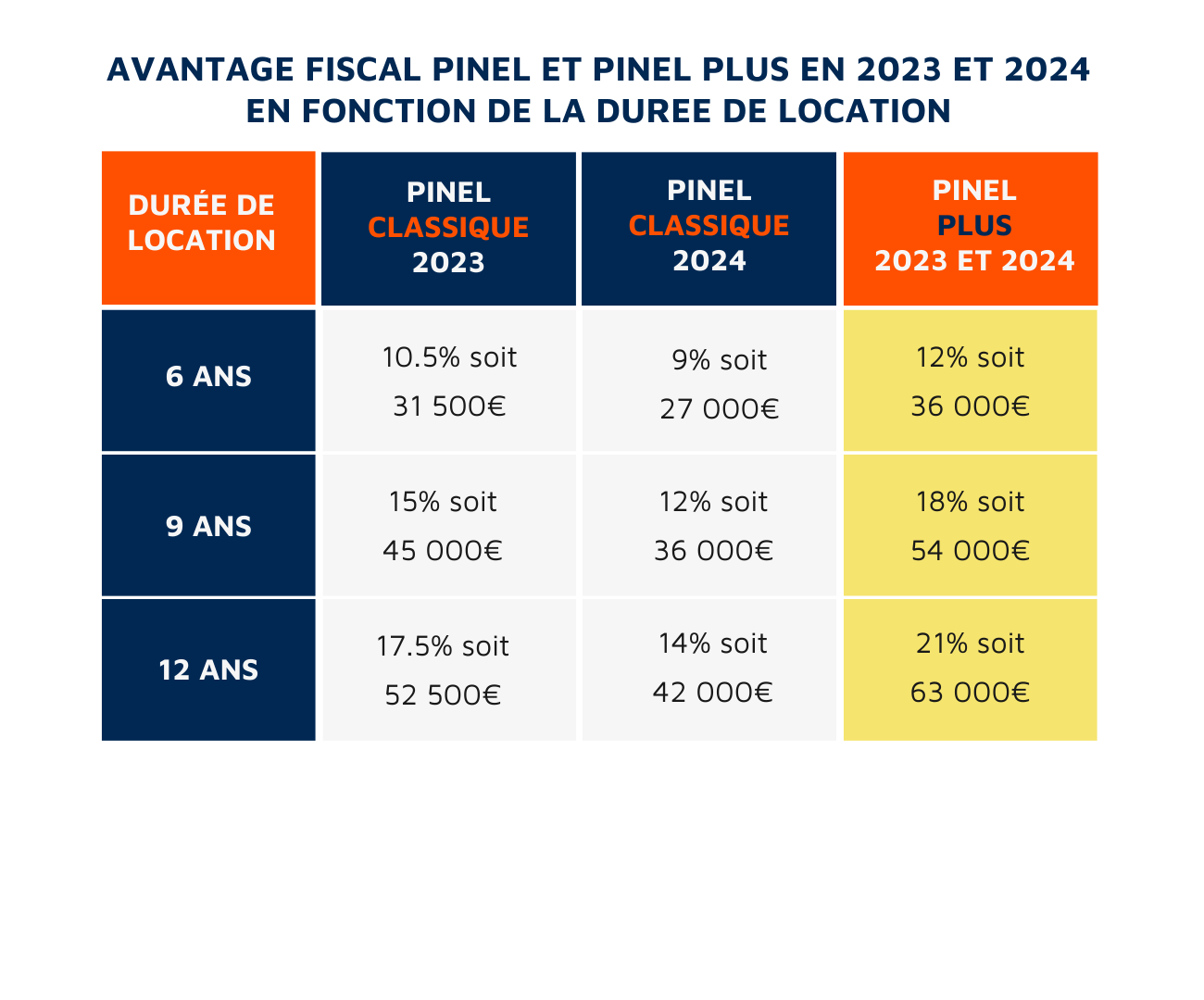**Introduction**
Brace yourselves, taxpayers! The year 2024 marks a pivotal shift in the tax landscape with the introduction of groundbreaking new tax laws. These changes are set to reshape the way we calculate, file, and interact with the tax system. From revised brackets to expanded deductions, there’s a lot to unpack in this tax overhaul. Whether you’re a seasoned tax pro or a newbie navigating the complexities of the system, it’s time to buckle up and delve into the details of these transformative tax laws.
**Changes to Tax Brackets**
The new tax laws propose adjustments to the existing tax brackets, impacting how much you’ll owe Uncle Sam. For 2024, the brackets will be widened, meaning you’ll pay a lower tax rate on your first few dollars of income. This change favors lower- and middle-income earners, providing them with some much-needed tax relief. On the other hand, higher earners may see a slight increase in their tax burden.
For instance, if you’re single and your taxable income falls in the 22% bracket in 2023, you’ll pay that rate on income up to $41,775. In 2024, that threshold will increase to $44,725, saving you a few extra bucks. But don’t get too excited just yet – the top marginal tax rate of 37% will remain unchanged.
These bracket adjustments aim to alleviate some of the tax burden on working families and individuals. By widening the lower brackets, more of your hard-earned income will be taxed at a lower rate. It’s like getting a small bonus without actually getting a raise!
**Expanded Deductions and Credits**
Good news for taxpayers! The new tax laws include a host of expanded deductions and credits designed to reduce your tax bill and put more money back in your pocket. These changes are particularly beneficial for families, students, and individuals saving for retirement.
For instance, the Child Tax Credit, which provides a tax break for parents, has been expanded. In 2024, the credit will be fully refundable, meaning you can receive the full amount even if you don’t owe any taxes. This is a game-changer for low- and middle-income families, helping them offset the costs of raising children.
Additionally, the Earned Income Tax Credit (EITC), which benefits low-to-moderate income working individuals, has also been expanded. The EITC provides a significant tax break, and the new laws will make it even more valuable. This is like a turbocharged refund for hardworking Americans, giving them a much-needed boost.
These expanded deductions and credits are designed to provide targeted tax relief to those who need it most. They’re like financial lifelines, helping families make ends meet, students pay for college, and individuals save for their golden years.
**Streamlined Filing Process**
The new tax laws aim to make the filing process less taxing (pun intended!). The IRS is introducing a series of measures to simplify and streamline the way you file your taxes. Get ready to bid farewell to complicated forms and endless paperwork.
One of the most significant changes is the introduction of a new standard deduction. This deduction is a set amount that you can subtract from your taxable income before calculating your taxes. In 2024, the standard deduction will increase, further reducing your tax liability. It’s like getting a head start on your refund before you even file!
Additionally, the IRS is exploring options to simplify the tax code itself. This means fewer confusing rules and regulations to navigate. Think of it as a roadmap that’s easier to follow, leading you straight to your tax destination.
These streamlining efforts are designed to make tax filing less stressful and time-consuming. It’s like giving everyone a tax break – the gift of time and sanity!
**Increased Enforcement**
While the new tax laws offer some welcome relief to taxpayers, the IRS is also ramping up its enforcement efforts. Get ready for increased scrutiny and a crackdown on tax fraud and evasion. The days of playing fast and loose with your taxes are numbered.
The IRS is investing in new technology and hiring additional agents to catch tax cheats. They’re like the tax police, on the lookout for anyone trying to skip out on their fair share. So, make sure your tax returns are accurate and complete – the IRS is watching!
This increased enforcement is designed to ensure that everyone pays their fair share and that the tax system remains fair and equitable. It’s like a game of cat and mouse, with the IRS as the cat and tax evaders as the mice. And let’s be honest, who wants to be a mouse in this game?

No responses yet